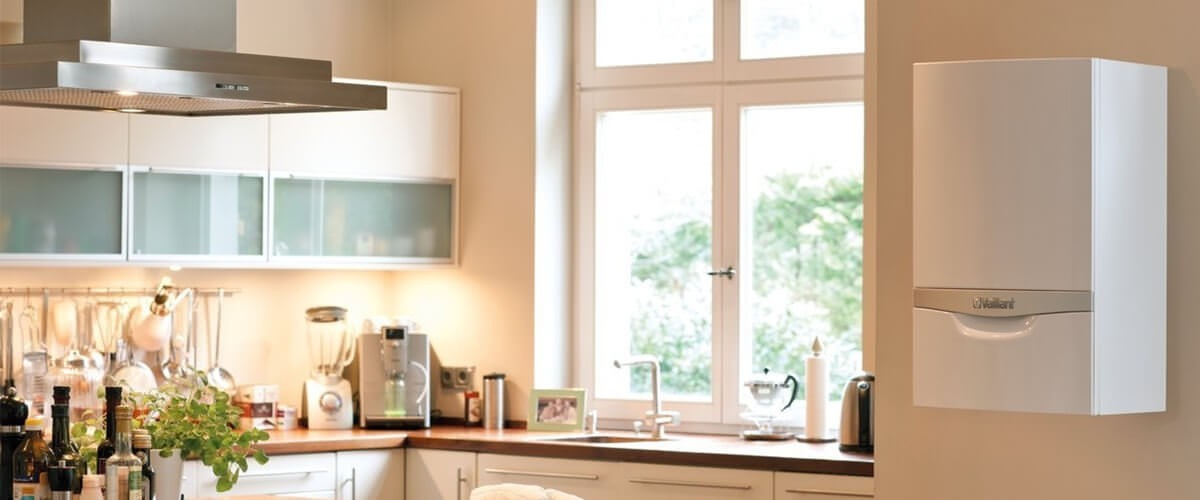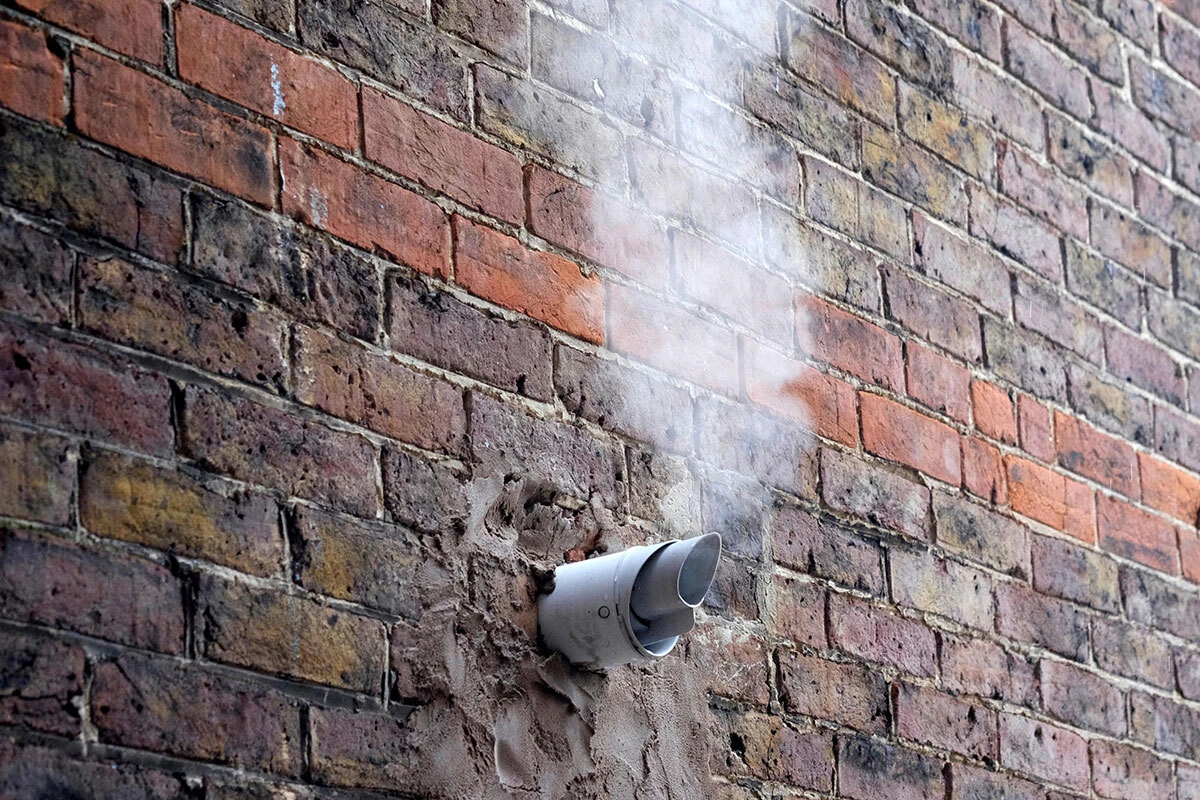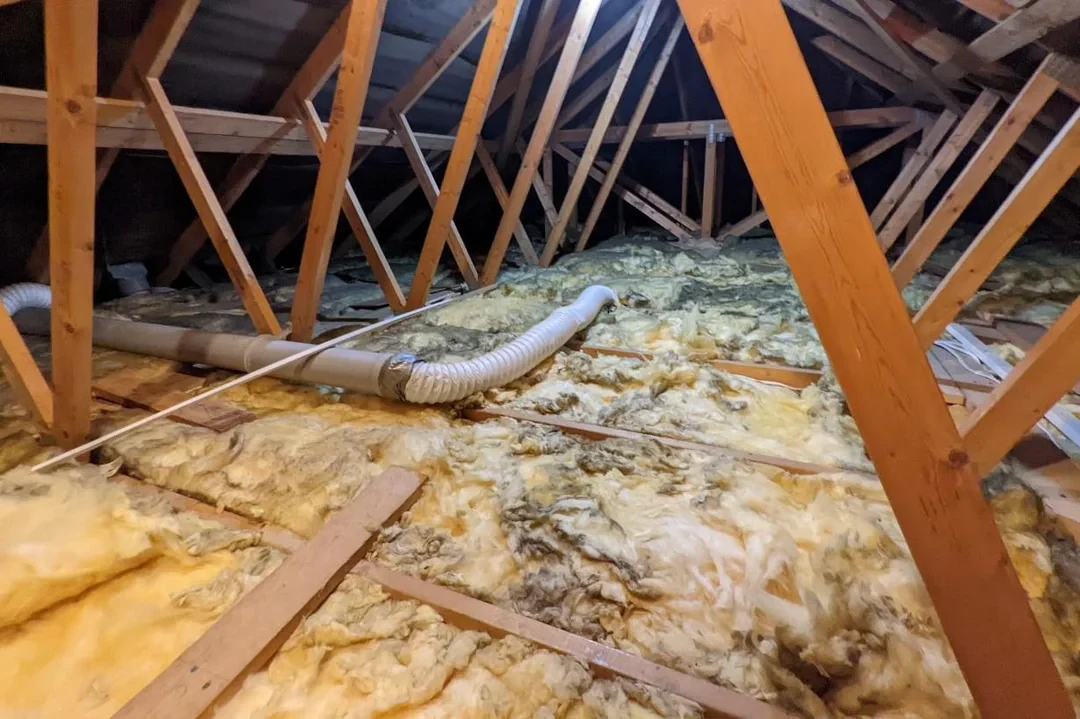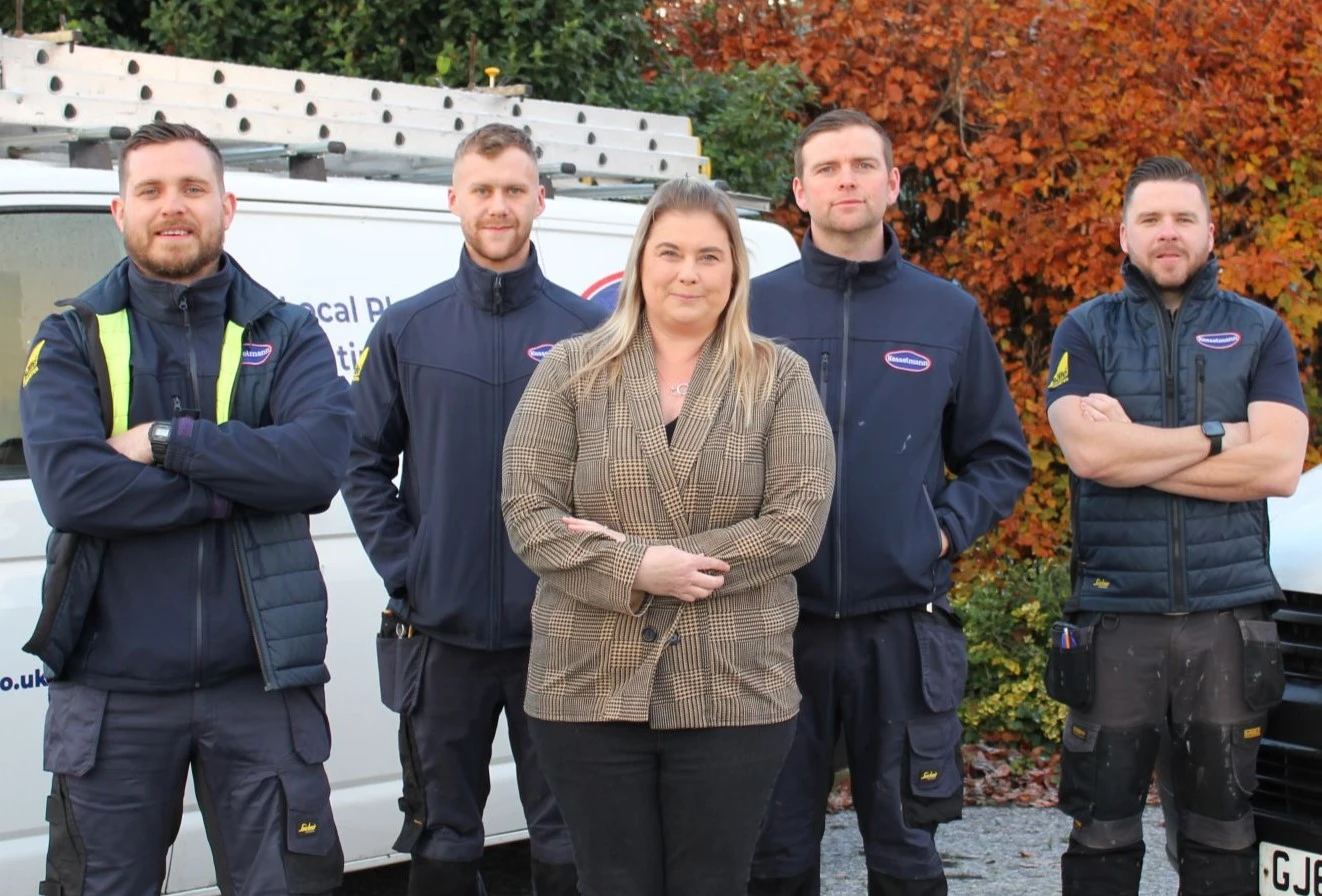15/02/2025
Contents

When exploring home heating options, you'll encounter various boiler types, including the regular boiler, also known as a conventional or heat-only boiler. This guide will explain what a regular boiler is, how it works, its components, advantages, disadvantages, and whether it's the right choice for your home.
What is a Regular Boiler?
A regular boiler is a traditional heating system that usually utilises both a cold water storage cistern and a hot water cylinder, as well as a separate feed and expansion tank for the central heating.
It's designed to provide hot water to multiple outlets simultaneously, making it suitable for larger homes with high hot water demand.
Key Components and Operation
To understand a regular boiler, let's examine the typical components:
Boiler Unit: The core of the system, responsible for heating the water.
Cold Water Storage Cistern: Located in the loft, this cistern supplies cold water to the hot water cylinder.
Feed and Expansion Tank: Also in the loft, this tank supplies water to the central heating system and accommodates water expansion.
Hot Water Cylinder (Vented): Stores the heated water for later use.
Pump: Circulates the hot water throughout the central heating system.
Valves and Controls: Manage water flow, temperature, and system operation.
How a Regular Boiler Works:
Cold water is supplied from the cold water storage cistern in the loft to the hot water cylinder.
The boiler heats the water and sends it to the hot water cylinder.
The hot water cylinder stores the heated water until it's needed.
When a hot water tap is turned on, the stored hot water is delivered.
The feed and expansion tank supplies water to the radiators and heating circuit, and accommodates any expansion within the system when it's heated up.
Regular Boiler vs. Combi Boiler vs. System Boiler:
Regular Boiler: Requires cold water storage cistern and hot water cylinder, feed and expansion tank, gravity fed, suitable for older properties with existing pipework.
Combi Boiler: Heats water on demand, no tanks or cylinder, compact, ideal for smaller homes.
System Boiler: Works with an cylinder, integrated expansion vessel, mains pressure hot water, suitable for larger modern homes.
Advantages of Regular Boilers:
Suitable for Existing Pipework: Ideal for older properties with pre-existing gravity-fed pipework configurations.
Multiple Hot Water Outlets: Can supply hot water to multiple taps and showers simultaneously without a significant drop in flow rate.
Reliable in Low-Pressure Areas: Can function in areas with low mains water pressure, due to the gravity fed cold water system.
Disadvantages of Regular Boilers:
Requires Loft Space: Needs ample loft space for both the cold water storage cistern and the feed and expansion tank.
Potential for Freezing: Cold water tanks in the loft are susceptible to freezing in cold weather.
More Complex Installation: Installation is more complex compared to combi and system boilers.
Less energy efficent then modern boilers.
Installation Considerations:
Professional installation by a Gas Safe registered engineer is essential.
Ensure adequate loft space for the cold water storage cistern and feed and expansion tank.
Consider the hot water cylinder size based on your household's needs.
Pipework needs to be considered, especially if changing from a different boiler type.
Insure that all tanks within the loft are correctly insulated.
Maintenance and Efficiency:
Regular boiler servicing by a qualified engineer is crucial for safety and efficiency.
Insulate the hot water cylinder to minimise heat loss.
Ensure the cold water storage cistern and the Feed and expansion tank are properly insulated to prevent freezing.
Consider replacing older regular boilers with modern, high-efficiency models.
Is a Regular Boiler Right for You?
Regular boilers are ideal for:
Older homes with existing gravity-fed heating systems.
Large households with high hot water demand.
Properties with low mains water pressure.
Conclusion
A regular boiler is a traditional heating solution that can be reliable and effective, particularly in certain older properties. Understanding its components, advantages, and disadvantages is crucial for making an informed decision.
Always consult with a qualified heating engineer to determine the most suitable boiler for your needs.













